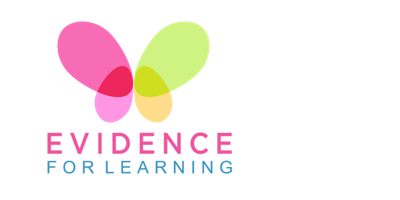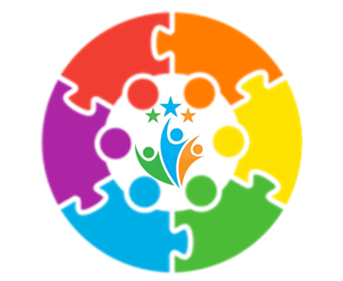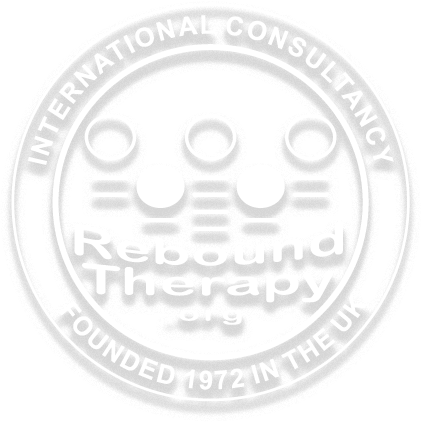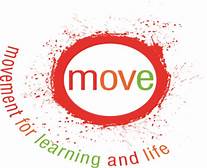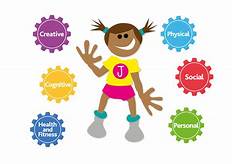Assessment, Achievement and Progress.
Please see our full data and assessment offer which is attached.

Assessment Intent
At Nancealverne we want every child and young person to make outstanding progress. We value each learner highly as individuals and aim to personalise and differentiated their learning, ensuing all pupils access learning at a level and using approaches that maximises opportunities to achieve and progress. In turn every individual is equipped with the skills needed for the next stage of education and the world beyond.
We recognise that assessment is an integral component of effective teaching and learning. Through a rigorous approach, we ensure that assessment works hand in hand with the curriculum to ensure all learners thrive, within an holistic environment that celebrates achievement for all.
Teachers and leaders use assessment well, for example to help learners embed and use knowledge fluently or to check understanding and inform teaching. Leaders understand the limitations of assessment and do not use it in a way that creates unnecessary burden for staff or learners.
Assessment Implementation
At Nancealverne school we use secure and informed baselines to identify pupils' starting points, establishing solid foundations for future learning/development. This evidences all learning is part of a well-planned sequence and provides sufficient challenge in building upon previously learnt skills. There is rigour in assessment; progress is demonstrated from each individual learner's starting point.
Nancealverne analyses data from a range of sources to effectively evaluate each pupil's performance. Teachers and senior leaders use a range of formative and summative assessment procedures to assess progress and attainment. This allows us to determine whole school performance, moderate our own practice and plan for further improvement.
Systems:
Data is recorded on the electronic systems of B² Engagement steps and Evidence For Learning. Evidence for Learning is used to record regular ‘in class’ skill development and progress, providing photographic and annotation evidence towards individual personal learning goals. However, there are separate assessment models for different pathways. Please see the pathway pages for further information on these.
Assessment of progress over time mirrors each of the pupils' learning pathway and a personalised learning route; assessment of progress is evidenced via pupil progress files which are moderated over the academic year. Bespoke assessment routes and associated data sets evidence if pupils are making expected progress, exceeding expectations or if skill sets are emerging.
Within classes, teachers and leaders use assessment well, for example, to help learners embed and use knowledge fluently or to check understanding and inform teaching. Leaders understand the limitations of assessment and do not use it in a way that creates unnecessary burdens for staff or learners.
Progress meetings with Senior Leaders are held at least termly. Pupil progress is also examined at regular line management meetings.
Pupils’ work is evidenced in subject books, and through 'Evidence for Learning'. These are moderated by key stages and by subject leads on ‘Learning Walks’ and subject deep dives.
Formal review:
Whole school is reviewed and analysed formally by the data and assessment team on a termly basis. This information informs future practice and is shared with stakeholders (e.g. Governors and staff) It is also reported termly in the Headteachers' report to the Special Partnership Trust leadership team and Trustees.
Individual needs and curriculum pathways
All learners at Nancealverne have an Education, Health and Care Plan (EHCP) in place. The primary needs identified vary but fall broadly into three key categories: Severe Learning Difficulties (SLD), Autistic Spectrum Disorder and Multi-needs (PMLD).
Teacher assessment, builds on professional judgements within EHCPs and is further supported by multi-professional progress meetings to accurately build a picture of a pupil’s individual profile and to identify the curriculum pathway that most accurately reflects their needs. The three curriculum pathways include:
-
Learning to Learn (L2L)
-
Bridging to Learn (B2L)
-
Ready to Learn (R2L)
We recognise that needs can change and, as a result, the pathways are not fixed. Through the use of the assessment cycle illustrated in the figure opposite, an individual’s curriculum offer remains under constant review, ensuring that it is able to change with them.
Assessment Cycle
Start of term baseline target setting:
-
Teacher judgement, use of evidence available from ongoing assessment for learning and use of Bsquared allows a depth of understanding of current need and targeted progression to inform planning.
Planning and individual target setting:
-
Current needs identified from ongoing assessment cycle, inform differentiation and individualised target setting.
-
This information is then presented in planning, books and shared with supporting pupils, family and supporting staff.
Evidence building and ongoing assessment for learning (AFL):
-
Evidence is collected through a range of AFL strategies including, but not limited to: work samples in books, marking and feedback, video/photo evidence, strategic observations.
-
This information is used to review assessment, target setting and individual needs on an ongoing basis and will be reflected in changes to approach/outcomes throughout learning.
Termly data collection:
-
Data is collected using Bsquared and used to inform termly assessment meetings. This quantitative data provides opportunities to identify trends and informs discussion points within the progress review meetings.
Termly data/assessment/progress review meetings:
-
These meetings ensure that pupil progress and assessment processes are rigorous and robust, ensuring that the teacher's assessments and AFF collected reflect and provide a narrative for data trends and maintain the high expectations for progress identified for individuals and class groups.
-
The information collected within these meetings informs baseline and target setting for the next term.
Assessment Impact
Through the implementation of the assessment and data offer pupils will:
-
Be supported within a pathway that best reflects their individual needs.
-
Make expected, or exceeded levels of progress that reflects their individual needs. Tracked through data and evidence collection.
-
Pupils will complete an accreditation that reflects their skills and strengths.
-
Pupils will be prepared for the next phase of education.
Through the implementation of the assessment and data offer supporting teachers/staff will:
-
Have robust systems in place to assess current needs and be able to plan effectively for ambitious and individual levels of progress.
-
Develop planning that prepares pupils for the next phase of education.u
Teacher Assessments and Moderation
Is integral to effective teaching and learning.
Draws on a wide range of evidence of pupil learning.
Trust in secure professional judgements.
Pupil Progress Meetings
Tracks curriculum access and identifies need for early intervention.
Extends opportunities for reflective practice and informs training and staff development.
Supports peer development opportunities and development of subject leads.
EHCP/ Annual Review process
Individual targets and Personal Learning Goals (PLGs) are reviewed as part of this statutory process.
Pupil views are paramount. PLGs evidenced through Evidence for Learning.
Engagement Profile
Promotes a broad and engaging curriculum.
Encourages reflective practice and explores opportunities for extension for future learning.
Accreditation and Qualifications
Uses tests and tasks in appropriate way. Formally recognises achievement supporting next step development (Post 19)
Embraces self and peer assessment developing self-esteem and wellbeing.
Prepares pupil's for life after Nancealverne.
B Squared
Supports in the triangulation and validation of all source data.
Summative assessment model used to evaluate student learning, skills acquisition, and academic achievements at the end of a defined instructional period.
Evidence for Learning (EFL)
Captures real time assessment and evidence of steps of progress. Provides a formative and holistic profile of progress. Is linked to Skills Builder evidence,
Supports in the triangulation and validation of all source data.
Find out more about Evidence for Learning
